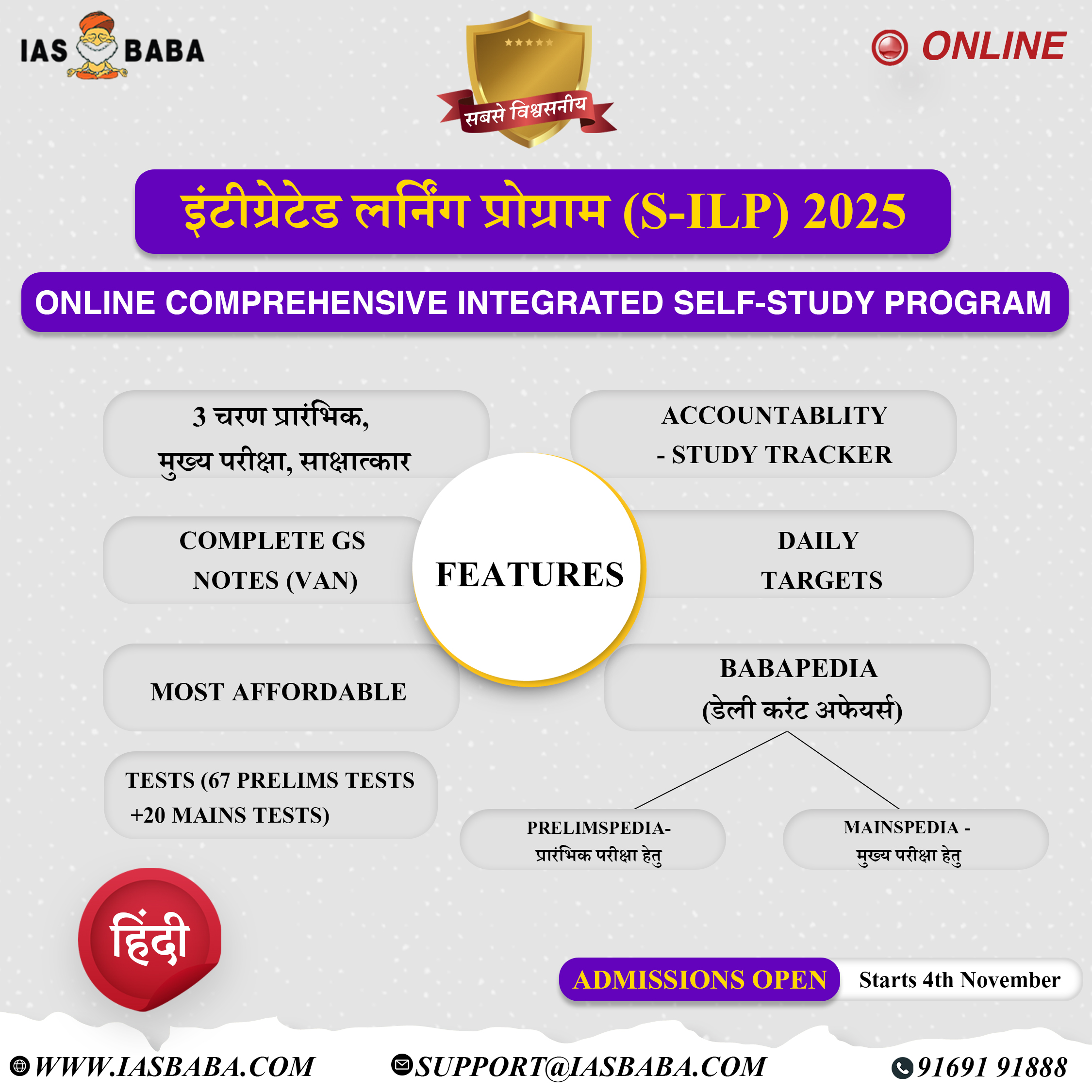Ethics
Context: The report titled ‘Law in the Emerging Bio Age’, have proposed giving legal rights to plants, animals, and non-living entities is crucial to building meaningful human-environment relationships in the future.
- The report focused on rapid developments in biotechnology and the need to understand its ethical consequences on humanity’s relationship with the environment.
What is the “bio age”?
- As per the report, the increased integration of biotechnology in human life will bring in the bio age.
- Integration of life sciences with modern technology through the production of genetically modified organisms (GMOs), engineering of genes to enhance disease resistance, gene editing, and more, indicate that biotechnology is most likely to pervade our lives in the future.
- This era will require legal intervention to hold researchers accountable for the impact of their work on the environment.
This is where the question of nature as a “juristic person” or an entity recognized in law as a person, which otherwise is not, comes in.
- Granting legal rights and protection to non-human systems – flora, fauna, rivers, ecosystems and landscapes – would recalibrate human-environment relationships and bring ethical conduct to the field.
Recognising the rights of Nature
- At a time when the world is battling climate change and exploitation of natural resources, countries like Ecuador, Bolivia, and New Zealand have taken some significant steps in bringing laws into the natural world, for a variety of reasons.
Ecuador: The first country in the world to recognise the rights of nature
- Ecuador, in 2008, approved a Constitution that grants tropical forests, islands, rivers and air, legal rights to “exist, flourish and evolve”.
- The country’s courts now recognize the rights of “Pacha Mama” or nature, to maintain and regenerate its cycles, structure, functions and evolutionary processes, as highlighted by Article 71 of the Ecuadorian Constitution.
- More recently, in April 2022 Ecuador became the first country to grant legal rights to individual wild animals.
Bolivia: Establishing the Law of Mother Earth
- Bolivia granted all nature rights equal to that of humans in 2011.
- It established the Law of the Rights of Mother Earth, which redefined Mother Earth as “an indivisible community of all living systems and living organisms, interrelated, interdependent and complementary, which share a common destiny.”
New Zealand’s Whanganui river: First in the world to be given legal status
- The Maori people had been fighting for the river to be recognized as a living entity for about 160 years. The New Zealand parliament, on March 15, 2017, passed the Whanganui River Claims Settlement Bill, which granted legal personhood to river Whanganui and its surrounding ecosystem.
Where does India stand?
- Article 51-A (g) of the Constitution of India lays down that it is the fundamental duty of every citizen to protect wildlife and have compassion for all living creatures. However, such duties are not enforceable by law.
- The Uttarakhand High Court, on March 20, 2017, granted the river Ganga and its longest tributary Yamuna the legal right to be protected and not be harmed.
How does granting legal rights help?
- Just granting the rights is not sufficient. There should be proper implementation and strict monitoring from the respective agency.
- Ecuador’s courts have since held more than three dozen lawsuits in the name of nature. Many have been successful but verdicts have not always been enforced on the ground.
A compelling shift from competition to cooperation between humans and living systems for future survival is currently an underexplored area, with the question of how India is preparing for the “bio age” still remaining.
Source: Indian Express











